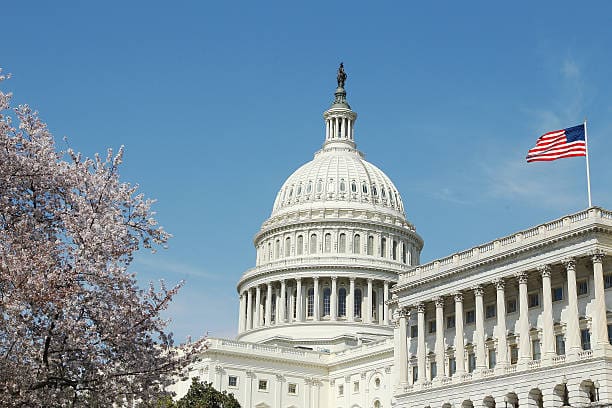Last week the U.S. Senate passed its dangerous tax bill, which is about as bad as the one the U.S. House of Representatives approved in mid-November. Both would give hundreds of billions of dollars in tax cuts to wealthy households and major corporations at the expense of low-and middle-income families.
The Senate and House proposals would also add at least $1 trillion to the annual federal deficit, making it highly likely that Congress will cut critical public services like health care, nutrition, and environmental protection. What would that mean for Texans?
Without continued federal funding, health coverage for about 400,000 Texas kids in the Children’s Health Insurance Program (CHIP) could be eliminated. Somehow CHIP seems less important to a majority of members of Congress than tax cuts for the rich. For 2018, the state budget assumed that the Texas Health and Human Services Commission would receive $916 million of CHIP funding in federal funds, plus a $71 million matching payment Texas makes from its own state General Revenue. The Texas Legislature is not expected to use state funds to fill such a large federal hole in the budget.
HHSC and State Health Services are two state agencies that rely very heavily on federal funds to provide Texans medical & behavioral health care. See CHIP, for example – 93% federally funded. #txlege pic.twitter.com/bAN99l3pCs
— Eva DeLuna (@DeLunaEva) December 4, 2017
There is a major rush to pass the GOP tax bill in the Senate.
There is no such rush to save health insurance for millions of children.
— Charles Ornstein (@charlesornstein) December 2, 2017
Along with Congressional action on tax and spending bills, this time of year is when Texas state agencies implement the first half (fiscal year 2018) of their two-year legislative budget appropriations. Their Operating Budgets are posted to a Legislative Budget Board website as soon as available – usually by December 1.
Most of the major “GLOBs” now online for fiscal 2018. Direct link to the one for State Health Services: https://t.co/4OSAa5O1EA #txlege pic.twitter.com/Mem3RarhXg
— Eva DeLuna (@DeLunaEva) December 4, 2017
Texas Workforce Commission (job services, employment, training, Unemployment Insurance, subsidized child care) is 84% federally funded in fiscal 2018. #txlege https://t.co/fsVDnFEsja
— Eva DeLuna (@DeLunaEva) December 4, 2017
These documents underscore how much more some state services depend on federal aid. For example, while 33 percent of the 2018-2019 budget relies on federal dollars, health and human service programs are slated to get 55 percent of their support from federal grants. The Texas Workforce Commission is 84 percent federally funded. In total dollars, HHSC is budgeted to receive the single largest amount of federal aid ($21.8 billion) in 2018, followed by the Department of Transportation ($5.5 billion) and the Texas Education Agency ($5.1 billion).
None of these figures take into account potentially massive federal budget cuts due to this tax bill.

At stake with the tax bills is much more than the $36 billion that goes to the state budget. The independent Council of State Governments estimates that Texas received at least $251 billion in federal grants, benefits, and other spending in 2015. Medicare and Social Security in particular play a critical role in improving financial security and health care access for senior Texans, and could face future cuts if Congress decides that the tax bill has increased the deficit to unsustainable levels.
Why federal tax cuts, and the future spending cuts they could require, will matter to Texas:
1) Federal funds = one-third of #txbudget
2) Federal spending = one-sixth of the economy (GSP) pic.twitter.com/mFtrBPBsI5— Eva DeLuna (@DeLunaEva) November 30, 2017
Texans have a tremendous amount at stake based on the final version of any Congressional tax plan. Stay tuned for more details and analysis from CPPP.
